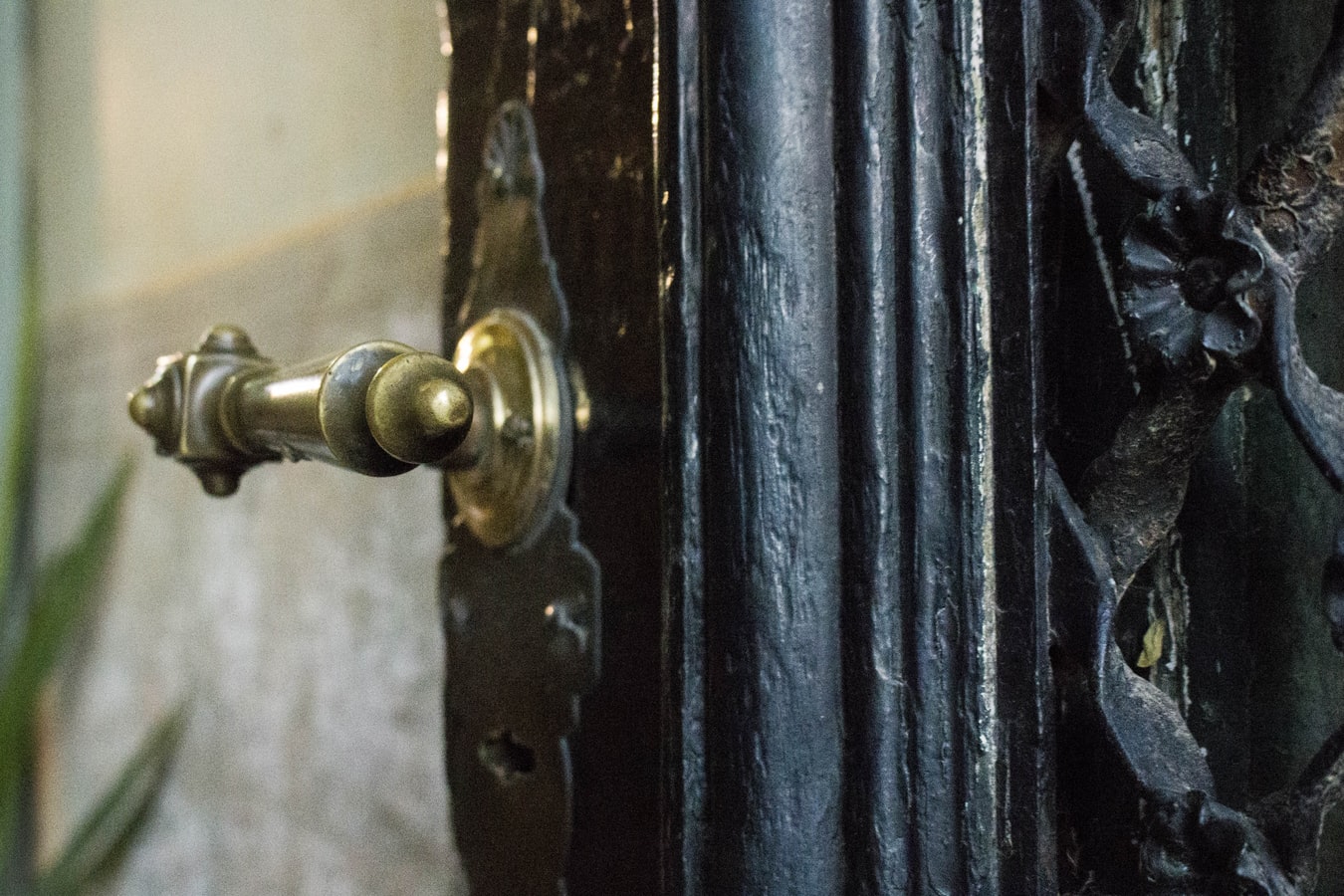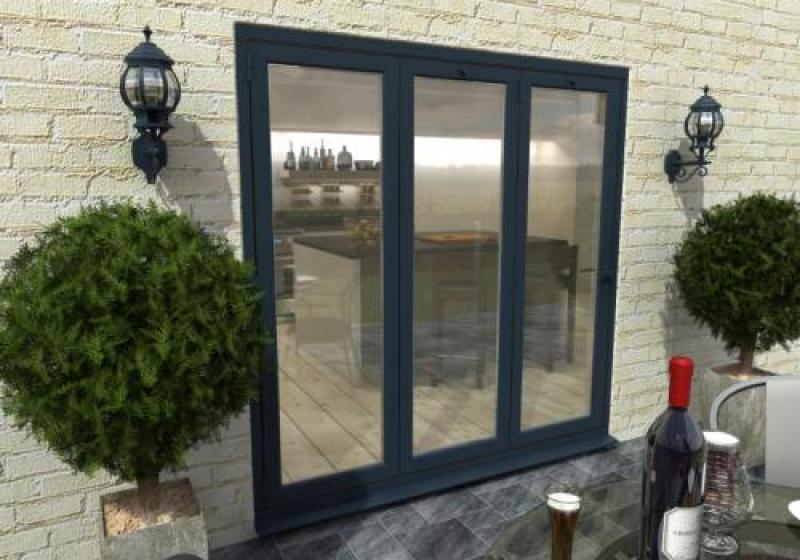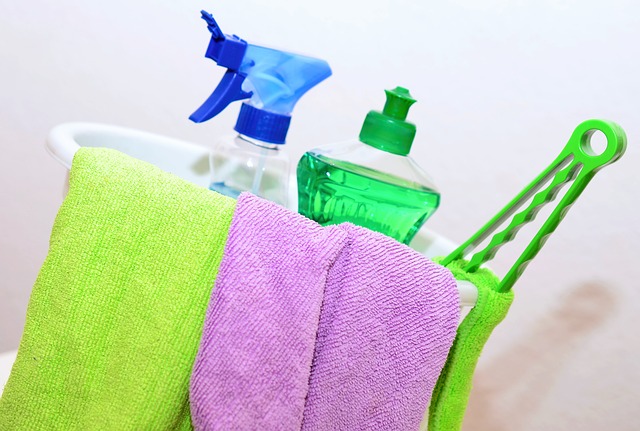Express Doors Direct ▸ Blog ▸ Cleaning Habits Around The World
Last updated on January 25th, 2022 at 10:26 am
Cleaning your home is a necessary job, and some of us take pleasure in the process (or certainly the results). It’s a hot topic, with Instagram sensations like Mrs Hinch gaining huge popularity by sharing top tips for getting your home spotless and saving money too. But for many of us, housework is stressful, and it’s been proven that cleaning up after a long day at work prevents your body from reducing levels of the stress hormone, cortisol.
So, who is doing this stressful work and how long do they spend on it? Despite roles slowly changing, women are thought to do 40% more housework than men. The average Brit will spend two years of their life cleaning.
So, how does cleaning vary around the world?

UK
Cleaning, Stress & Help
51% of Brits stress about home cleanliness. That’s more than half of us, and that’s a considerable amount of stress. ⅓ of UK families try to alleviate this stress by paying for a cleaner. In the UK, having a home cleaning service is becoming more popular. This is due to many factors, including a need for busy under-35s to free up some of their spare time. EU migrant workers have helped to bring costs down, making domestic help more affordable for UK families. Despite buying this time back, ⅔ of those hiring help tidy up before the cleaning service comes through the front door.
Gender Roles
73% of Brits still carry out a ‘spring clean’, although the focus is more on cleanliness all year round. 76% of UK women report that they spring clean every year, but only 67% of UK men do the same. In general, 85% of UK women do housework while just 49% of UK men help with these tasks. This puts the burden on women’s shoulders.
What Does it Cost?
The average UK household spends £10 on cleaning supplies per month, that’s around £120 per year. Under 30s spend just under half the weekly amount on cleaning supplies as 30 – 64 year olds.
Fun Fact: 39% of Brits would rather throw away a dirty appliance than clean it!
US
Cleaning, Stress & Help
84% of Americans worry their home isn’t clean enough, but hiring a professional cleaner is thought to be on the decline in the USA. The cost may be a factor here, as boosts in the rights of domestic workers have made cheap and abundant unskilled workers a thing of the past in the domestic help market. 66% of American’s still carry out a ‘spring clean’, with many opting for regular efforts over a yearly ritual.
What Does it Cost?
The average US family spends $40 to $50 on cleaning supplies per month, that’s around $600 per year. This is considerably more than is spent in the UK.
Fun Fact: USA’s most hated cleaning chore: Cleaning the toilet
Germany
Gender equality is a hot topic in Germany, but 72% of women still do housework while just 29% of men help out with household chores. This just goes to show that there’s a long way to go before gender equality in the housework stakes becomes the norm!
Fun Fact: Did you know that singletons going on 30 in Germany will be expected to do some chores on their birthday to help signify they are still looking for a partner? Women clean doorknobs with a toothbrush, and men sweep stairs in a public place. They can be freed from these chores by a kiss from the opposite sex! These days it’s all a bit of fun, but in the past, it was actually done to help them find a husband or wife.
Japan
Japanese women do around 6.5 times more housework than Japanese men. In Japan, more women are joining the workforce, but gender roles in cleaning aren’t changing fast enough to free them from the lion’s share of the chores at home too. However, the Japanese tend to spend less time cleaning overall than some cultures. Generally, their homes are minimalist which can make cleaning faster and easier.
Fun Fact: Osouji is the name of the big annual clean in Japan and is usually carried out before welcoming in the New Year. Many Japanese hate to welcome the New Year with a dirty home. The roots of this tradition are based on religion. A clean house helps welcome Buddha and the Shinto Gods and makes them comfortable as the New year comes around.
Argentina
94% of Argentines feel that having a clean house is important to them, but only 20% of Argentinians surveyed employed a cleaner. Cleaning in Argentina is seen as more of a collaborative task and 51% received help with the cleaning from friends, family members or roommates. But despite this help, there’s still a big gender gap, as Argentine women do 76% of household chores.
Fun Fact: Like much of Latin America, many Argentines add an extra cleaning job to their list once a year. They clean their ancestors’ graves as a crucial part of the Day of the Dead celebrations. This prepares for the spirits and also helps to maintain the graveyard.
Sweden
Sweden has the best balance between genders, with 74% of women and 56% of men doing the housework. As a country that has previously topped the charts for gender equality, there’s still some way to go in the cleaning stakes.
Fun Fact: Some Swedes carry out a process called ‘death cleaning’ or ‘döstädning’ which is a process of clearing out clutter so your death isn’t such a burden for loved ones.
What Does This All Tell Us About Cleaning?
Having investigated cleaning around the world, it’s clear to see that gender roles are deep-rooted and globally spread. Despite each culture having different cleaning quirks and traditions, the idea of it being ‘women’s work’ is seemingly difficult to shake. In an age where more women than ever are part of the workforce, it’s interesting to see that household duties aren’t shared more equally. It’s a huge burden that women bear the brunt of, and although changes are slowly coming about, they’re certainly not easily implemented. Women living with a man usually do more housework no matter where they live, who works longer hours or earns more. Is this because women are being raised to see a clean and tidy home as a symbol of her worth? Or do men just have lower standards when it comes to housework? What do you think?
Related Posts:


Delve into our feature with Ideal Home to explore your #BifoldDoor options for 2025 and see our team's recommendations.
From sizes and styles to practical tips, this article is not one to miss!
@followers

 Our best value patio doors are now more affordable than ever with freshly lowered prices.
Our best value patio doors are now more affordable than ever with freshly lowered prices.Brighten up your space, enjoy stunning views and create seamless access to your outdoor area before summer truly kicks in.
See what's in stock and grab your delivery slot now: https://www.expressdoorsdirect.co.uk/patio-doors
@followers

Seeking contrast between cosy cottage vibes and modern aesthetics, Keeley needed the best black #InternalDoors to complement her living area.
The challenge? Finding a contemporary design that kept the space light and airy. We had the ideal solution: Greenwich Black Clear Glass Internal Doors by LPD Doors.
Learn more about this project at expressdoorsdirect.co.uk/case-studies/industrial-doors-for-a-modern-cottage-living-space
@followers




















































![Time Saving Cleaning Hacks To get Your Life Back [Infographic] cleaning-hacks](https://www.expressdoorsdirect.co.uk/blog/wp-content/uploads/2016/04/cleaning-hacks.png)

















